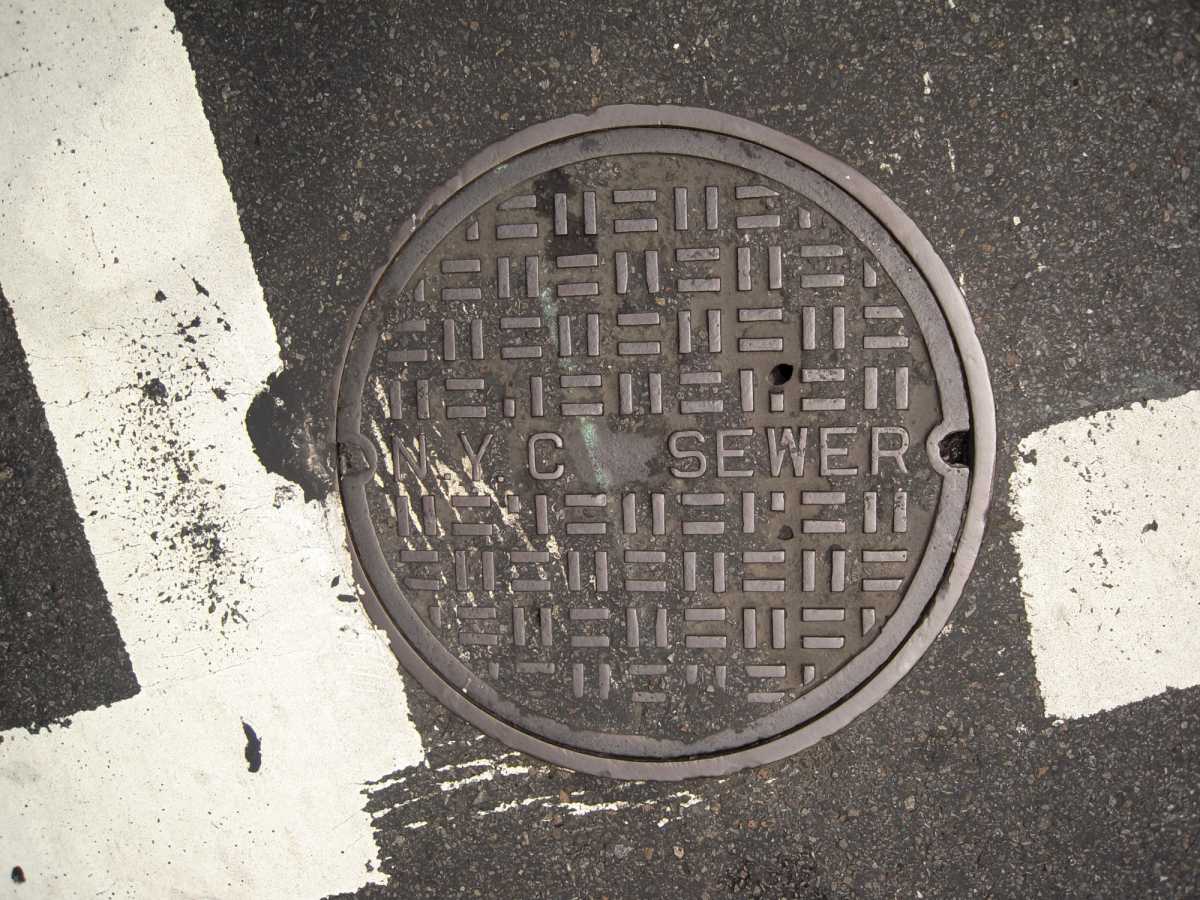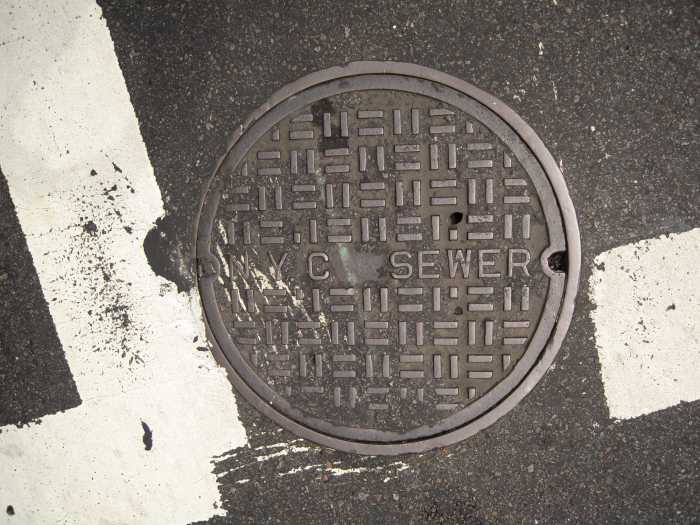
New Yorkers may soon choose their elected officials from a "top 10"-style list.
The 2019 City Charter Commission issued its preliminary staff report Tuesday, with recommendations for revisions to the city charter, including changes to the public advocate position, land use, and elections and redistricting.
One of the biggest changes proposed would transition the city’s traditional "plurality" system, in which the candidate with the majority vote is elected — or a runoff is held if a 40 percent majority isn’t met — with Ranked Choice Voting, or RCV.
Under RCV, which is used across Maine and in 11 cities in other states, voters rank the candidates in order of preference and the candidate with the most "number one" rankings, so long as there is a clear majority, wins the election. If there is no clear majority, a process begins in which the candidate with the least number of "number one" rankings is removed from the race. Ballots for that candidate ranked as "number one" are then recast for the next-highest-ranked candidate. The process is repeated until two candidates remain. At that point, the candidate with the most "number one" rankings wins. The commission says RCV could provide voters with a fairer process that helps even the playing field.
“[Advocates] further argue that RCV leads to greater civility in campaigns, in part because candidates are incentivized to build broader coalitions of voters," the report said.
The commission also contended that the change would save taxpayers money for costly runoff elections, such as the nearly $11 million 2013 runoff for public advocate.
The report acknowledged several factors that could make RCV problematic, including "ballot exhaustion," in which candidates may be removed because some voters did not rank them, and confusion about the new system among the electorate. The commission said if the city did implement the new system it would require a ballot redesign and a strong educational outreach to the public.
"Other cities’ experiences with RCV show that these concerns can be lessened with the right planning," the commission said in its report.
A spokeswoman for the city’s Board of Elections declined to comment about the report. Representatives from the mayor’s office didn’t respond to requests for comment.
The commission recommended the city get feedback from the public and other groups to consider what kind of elections would be subject to RCV, when it would be introduced, and other details behind its potential use. The charter commission will submit a draft of a new or revised charter to voters for approval in November.

































